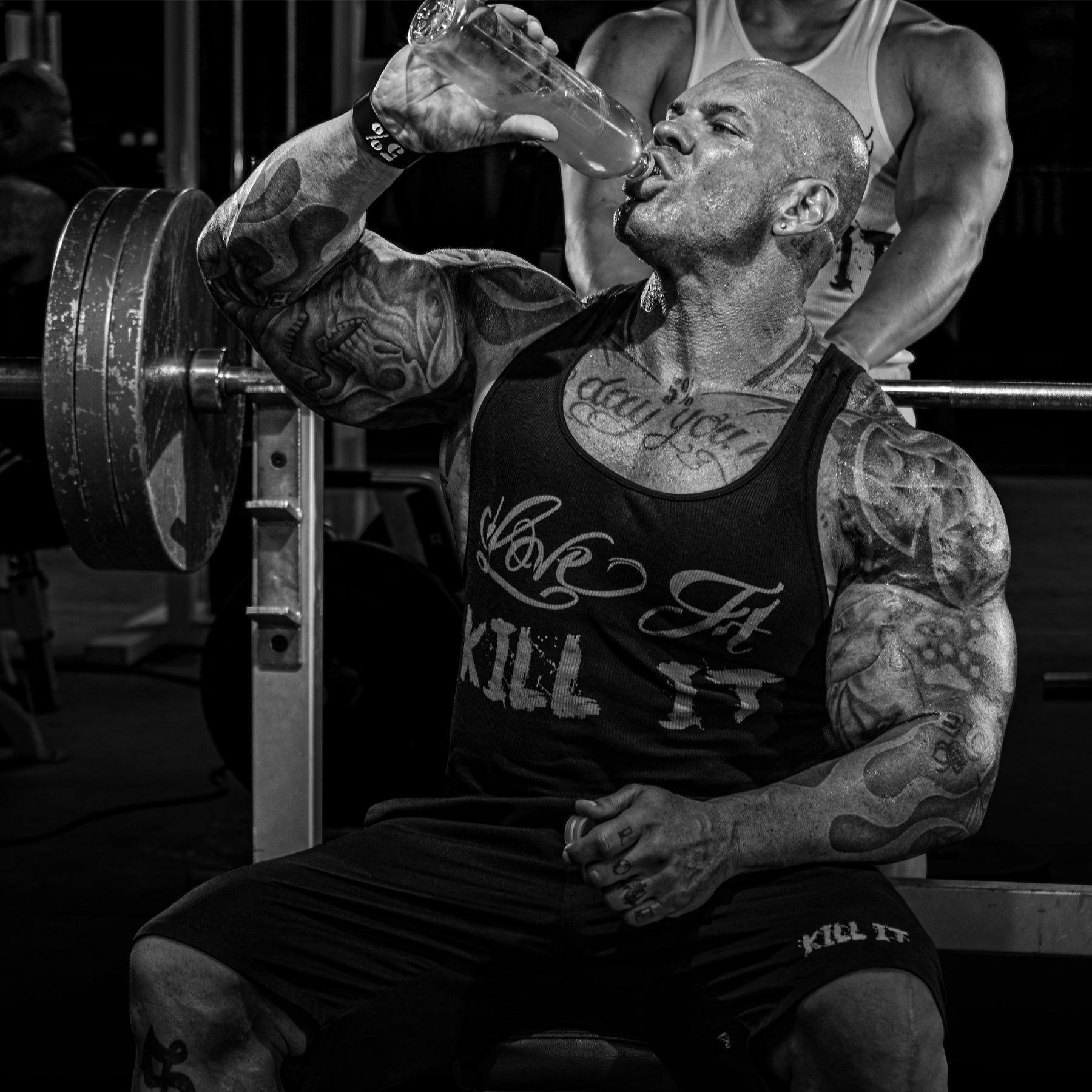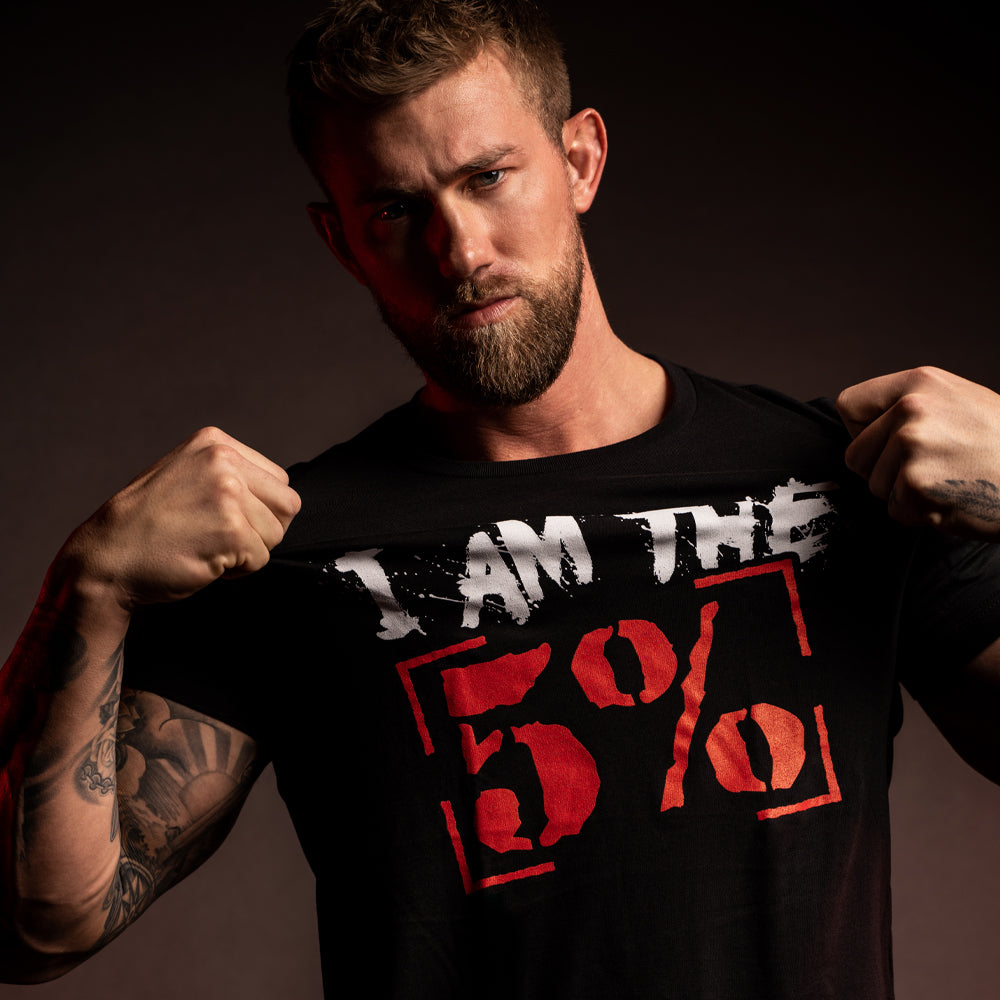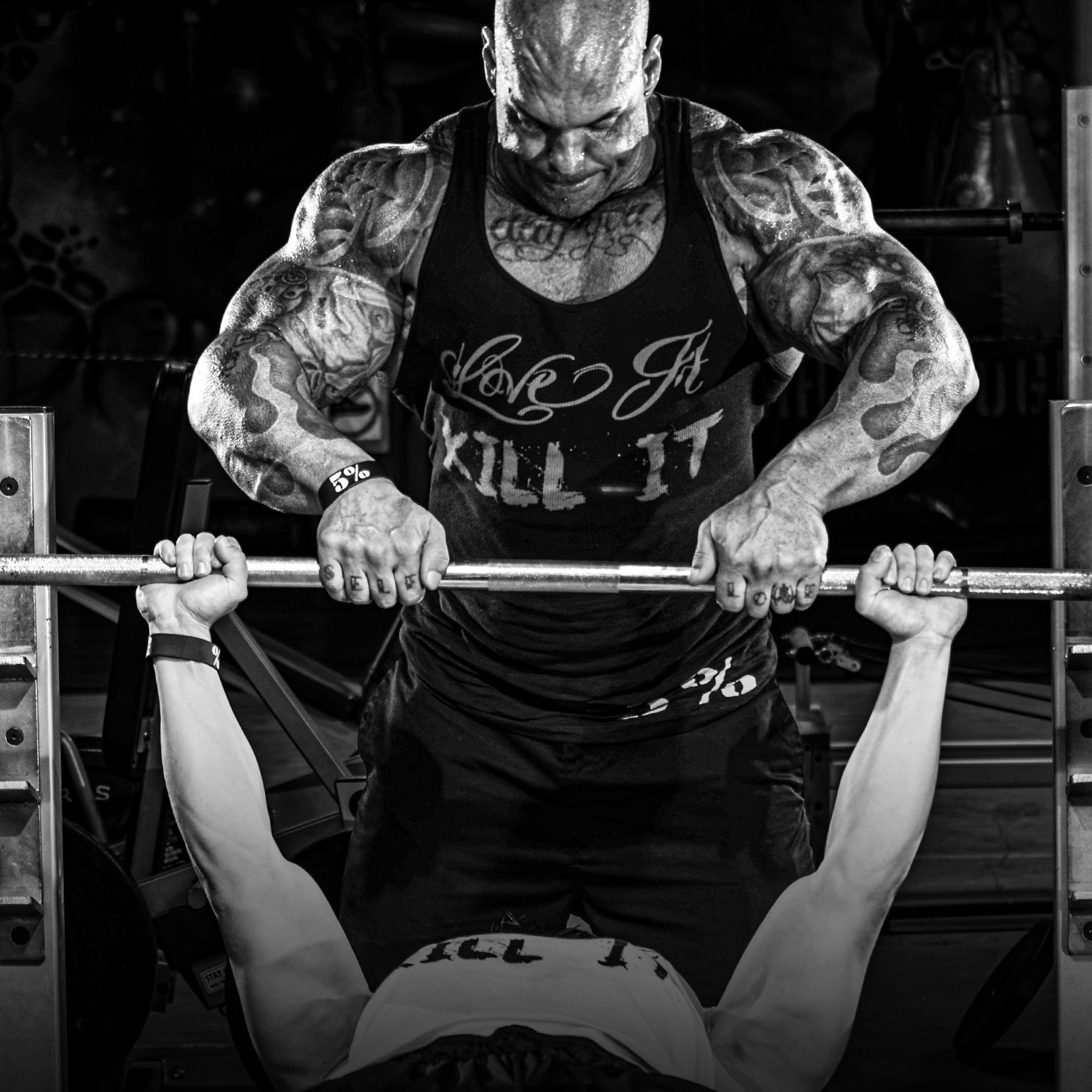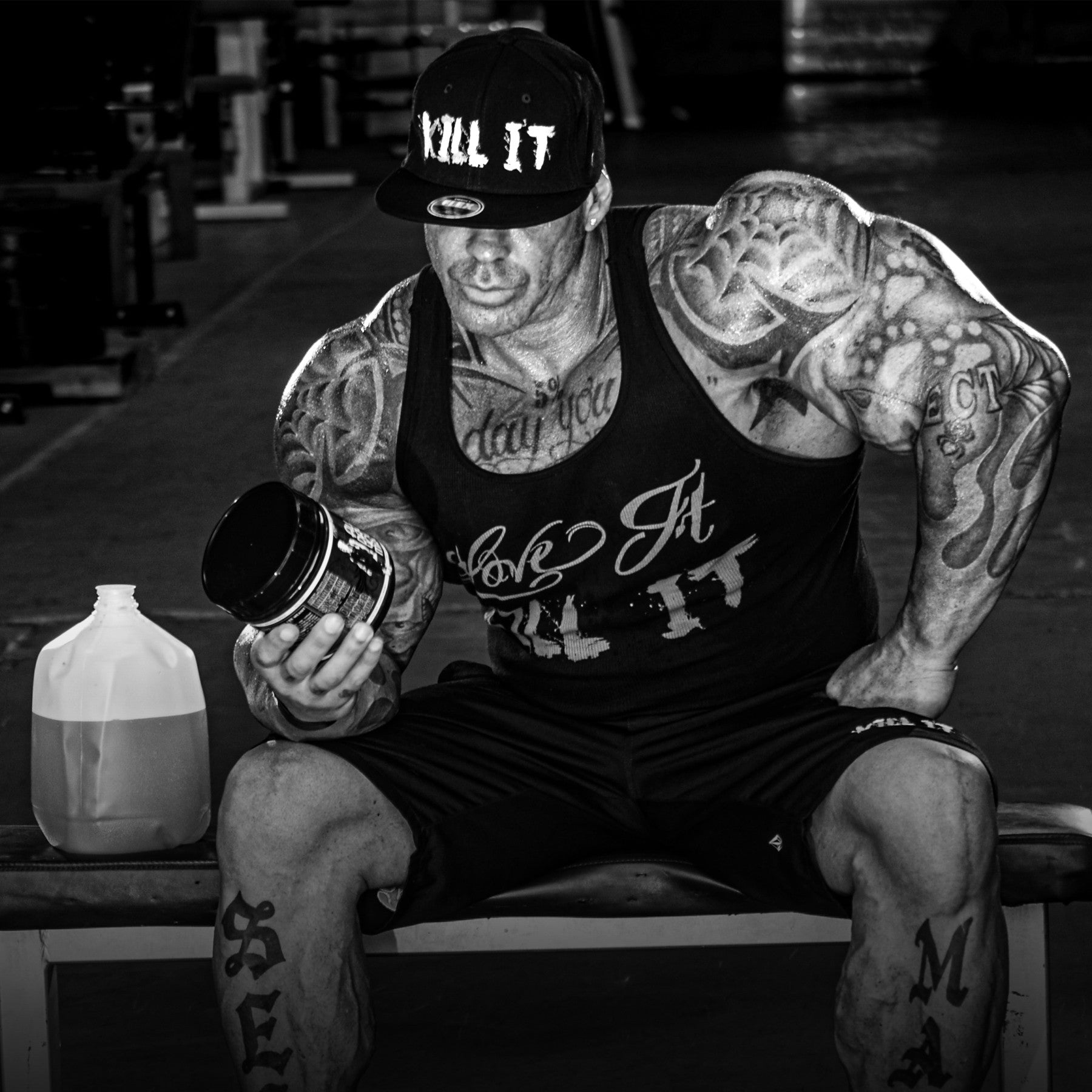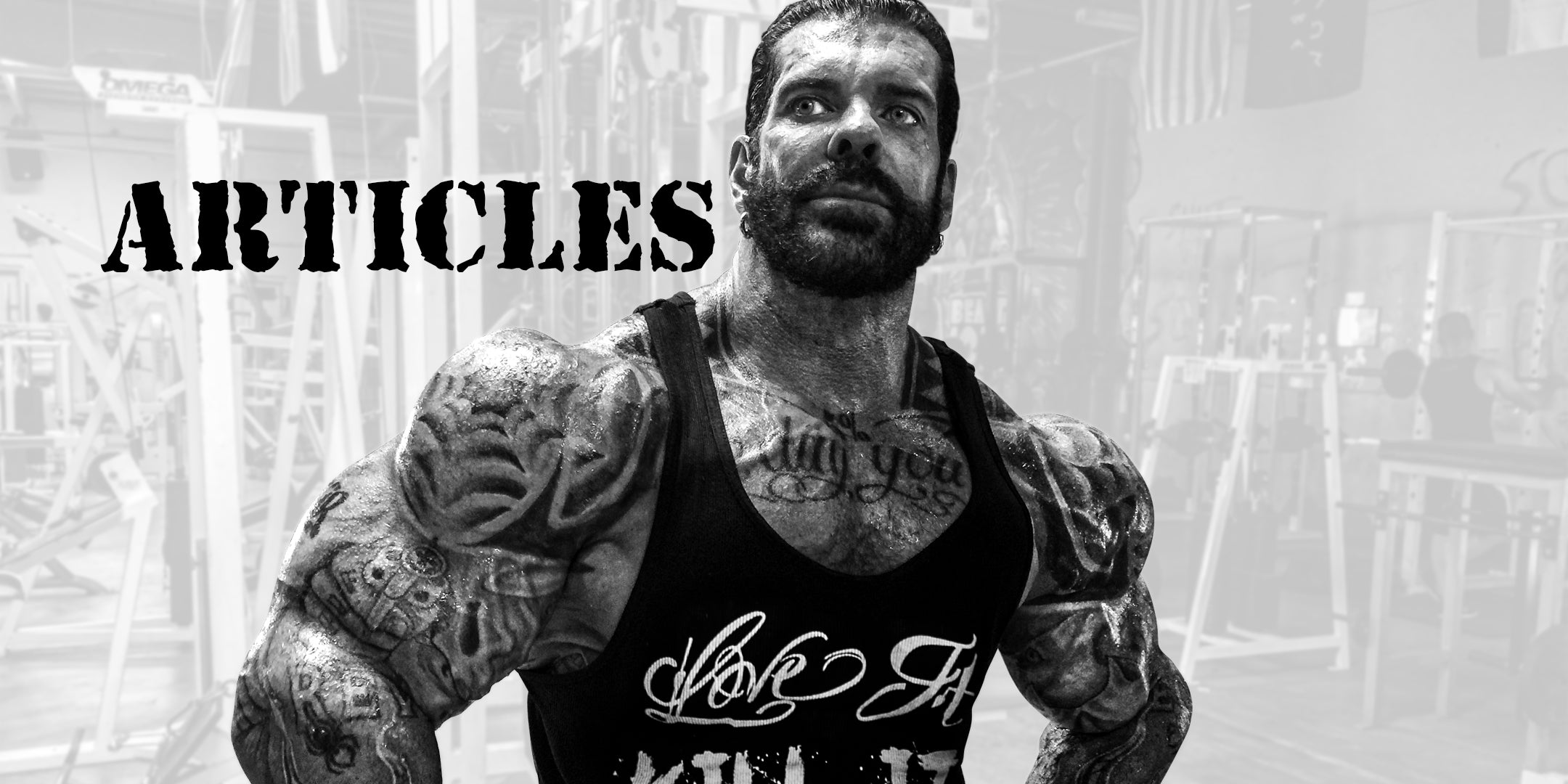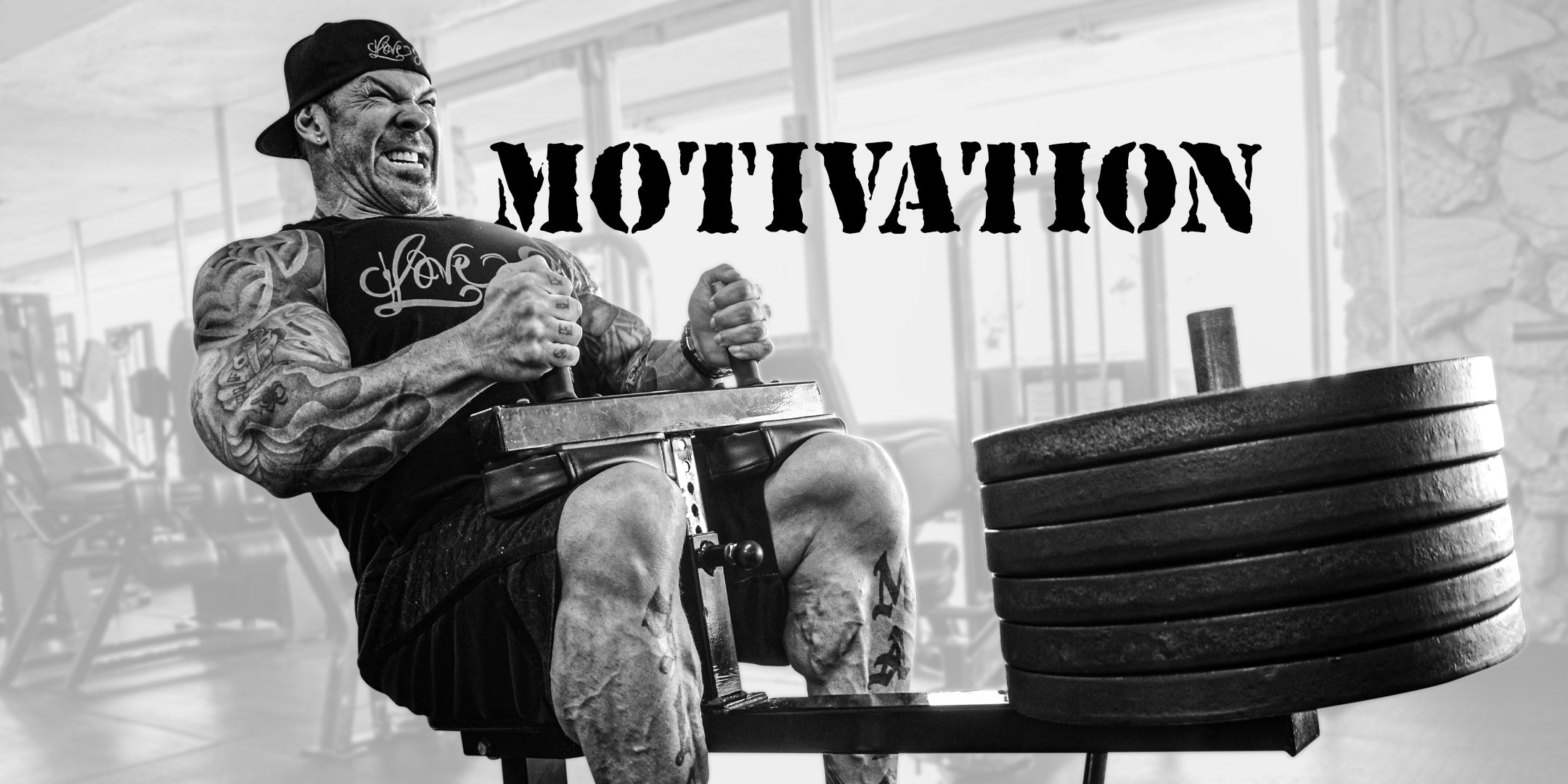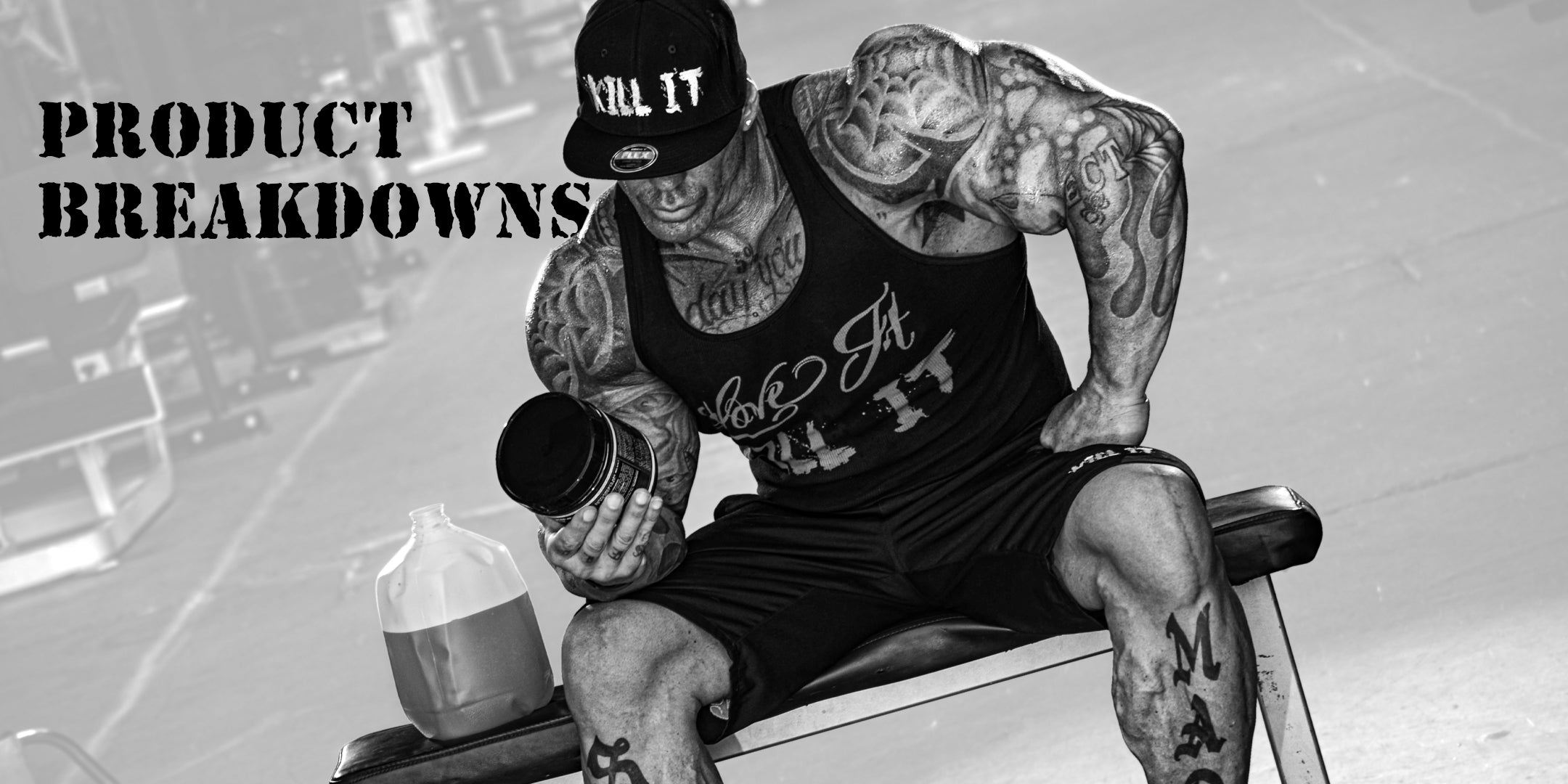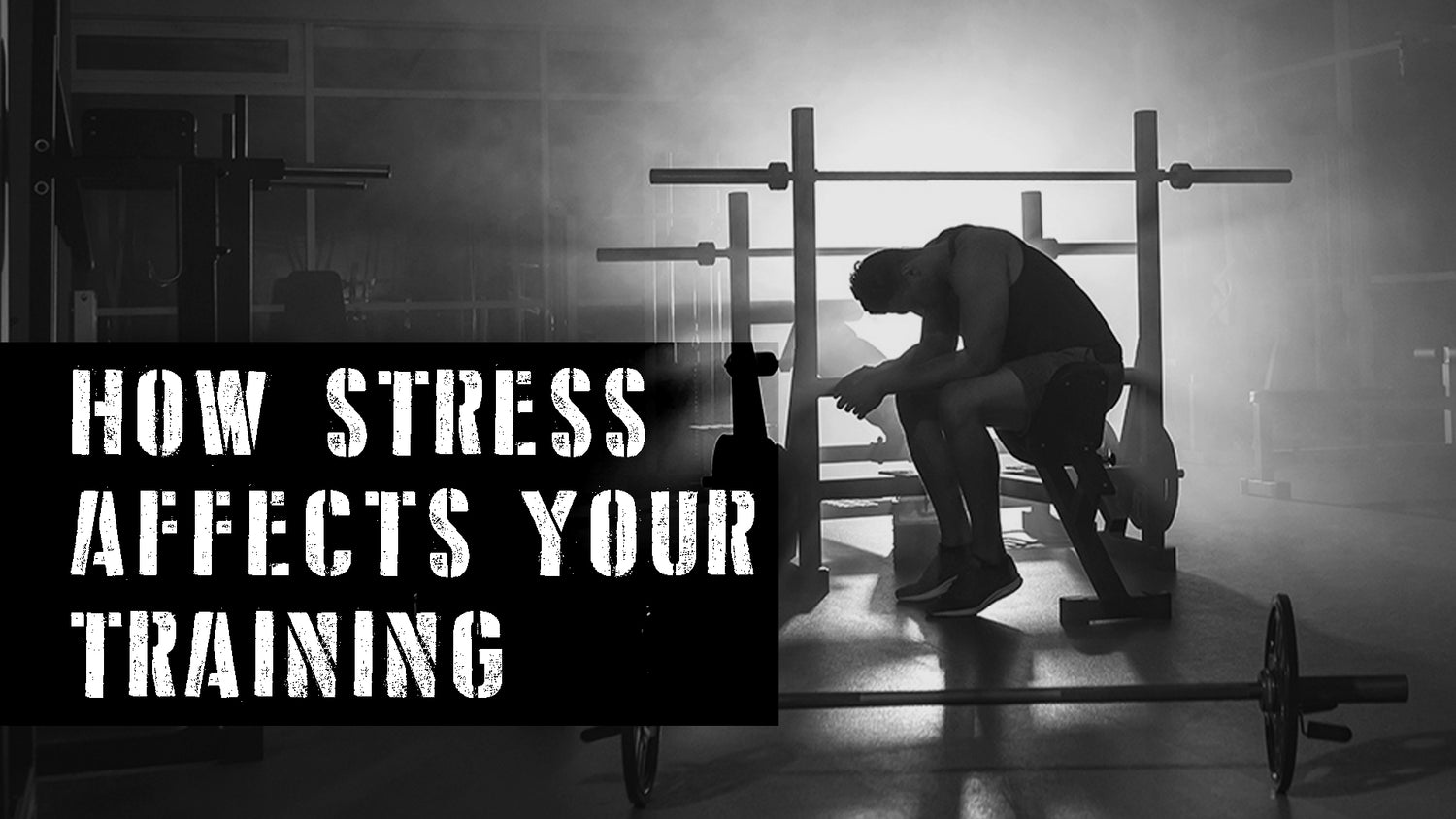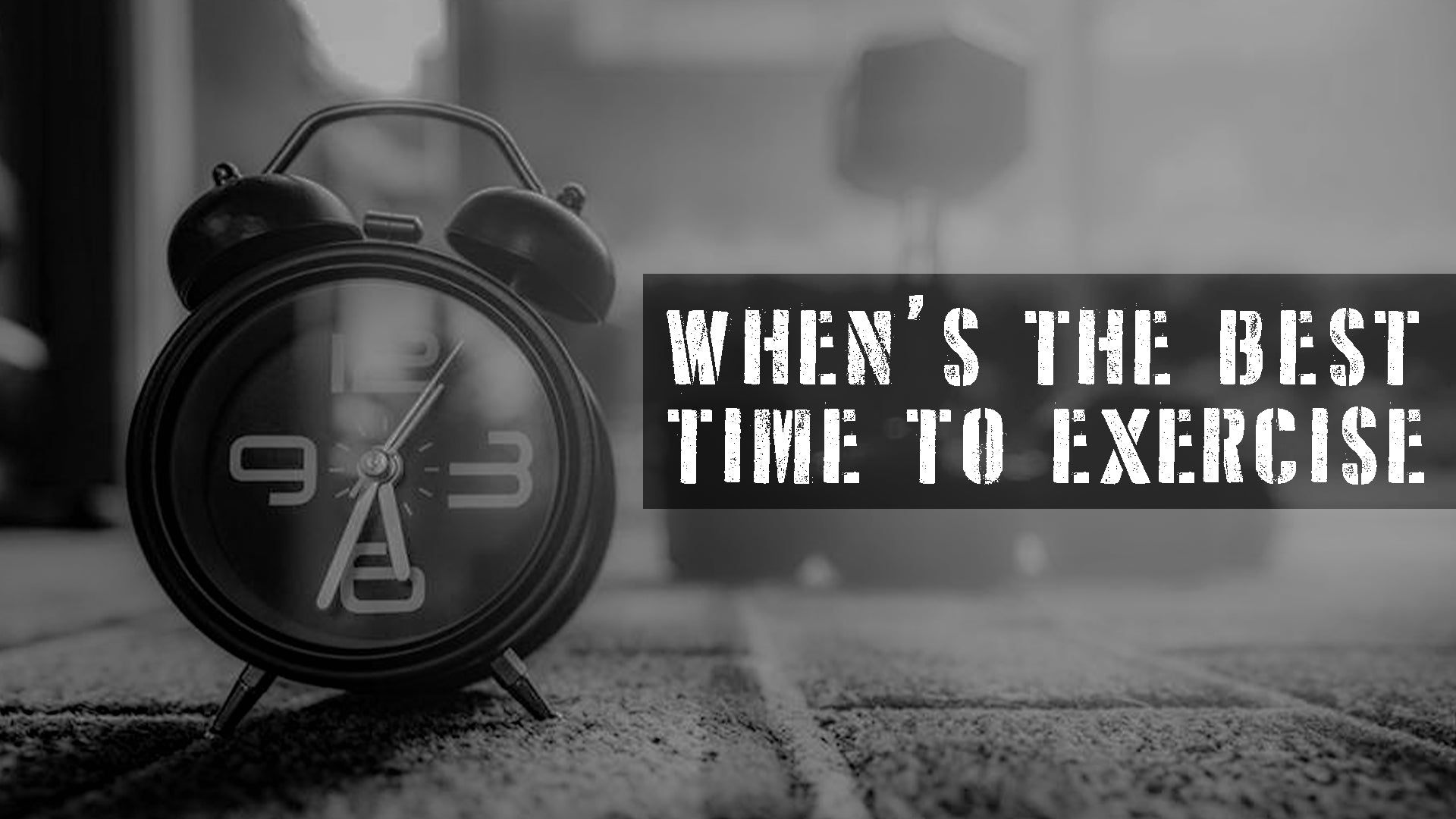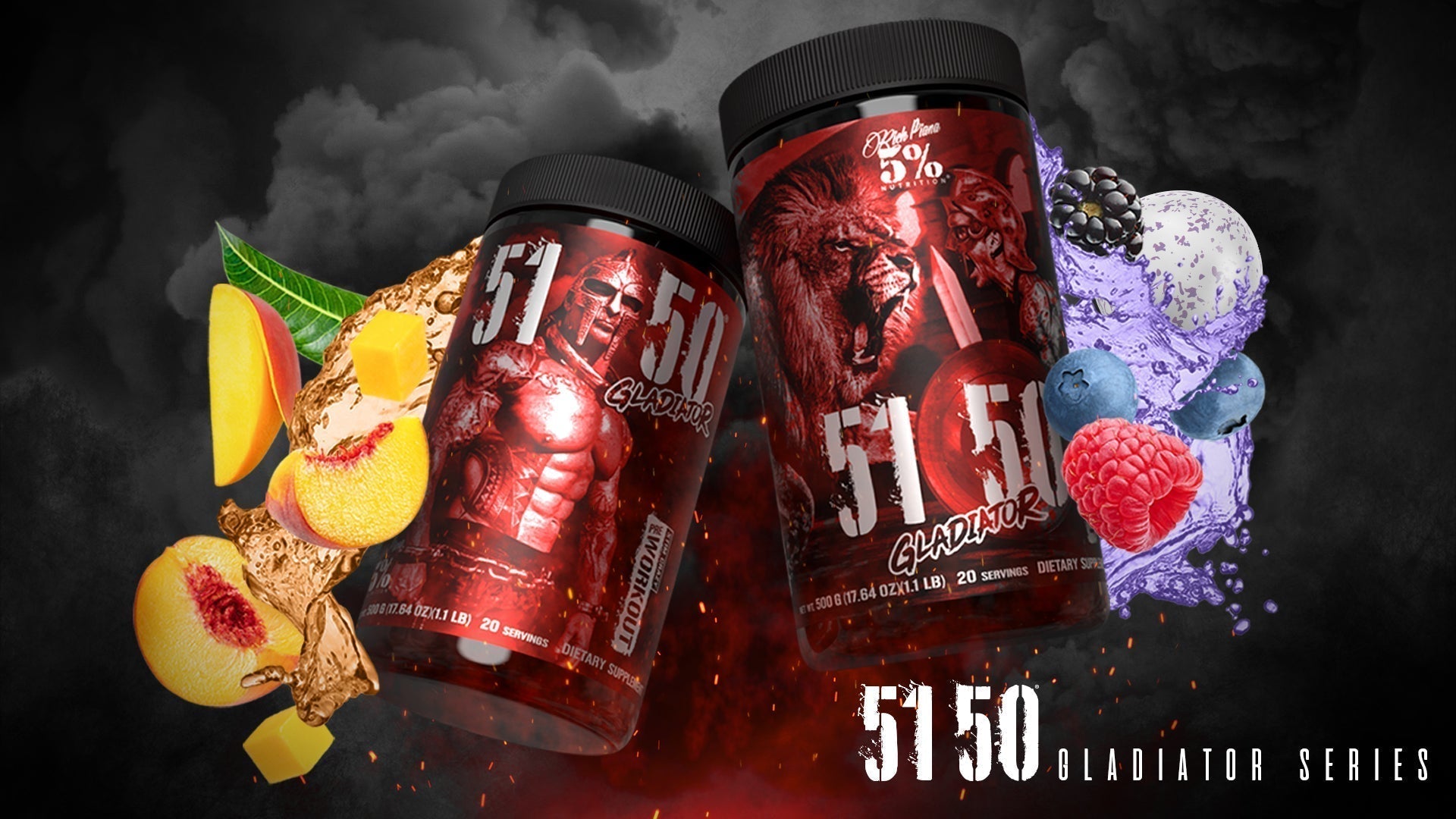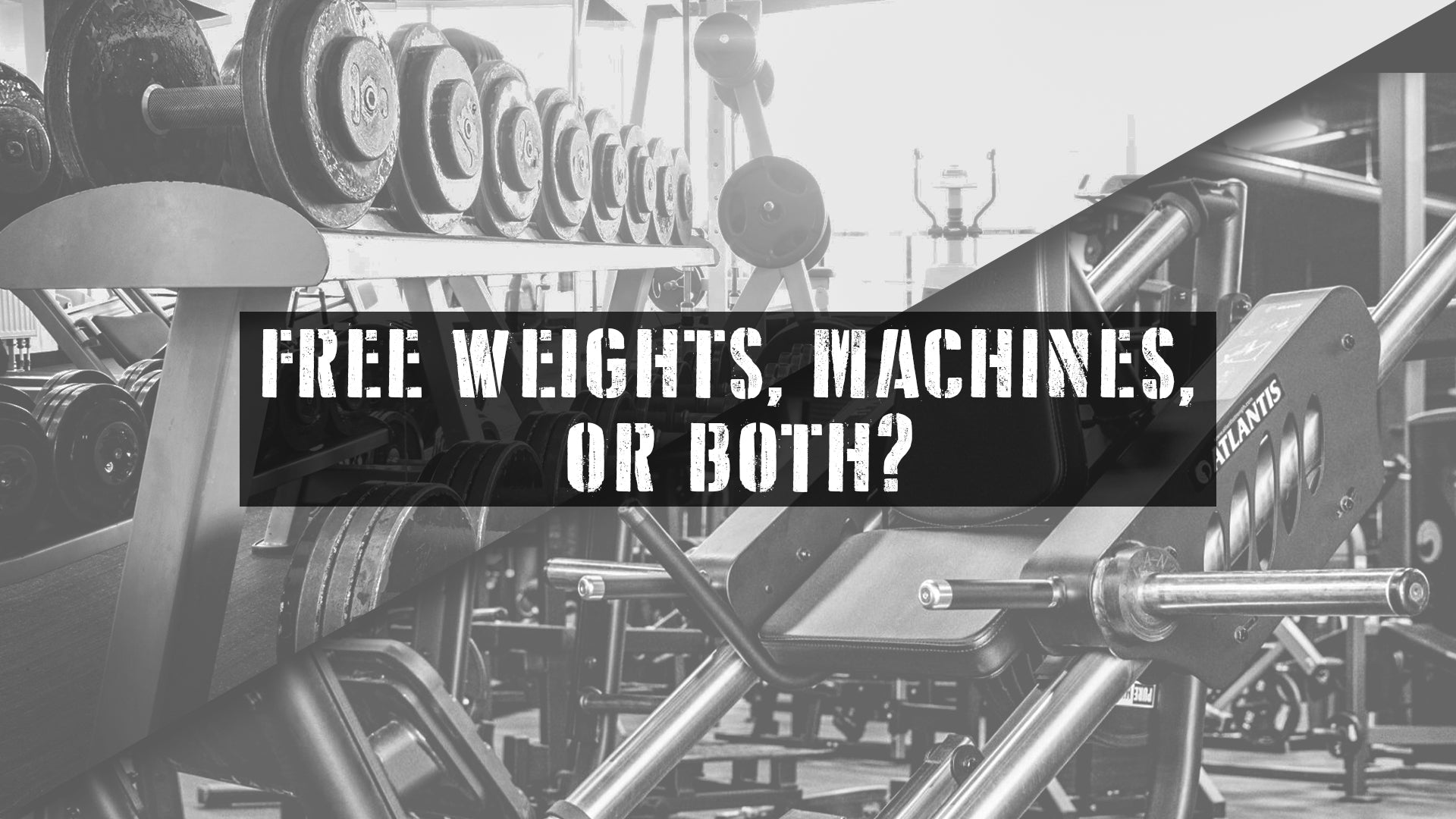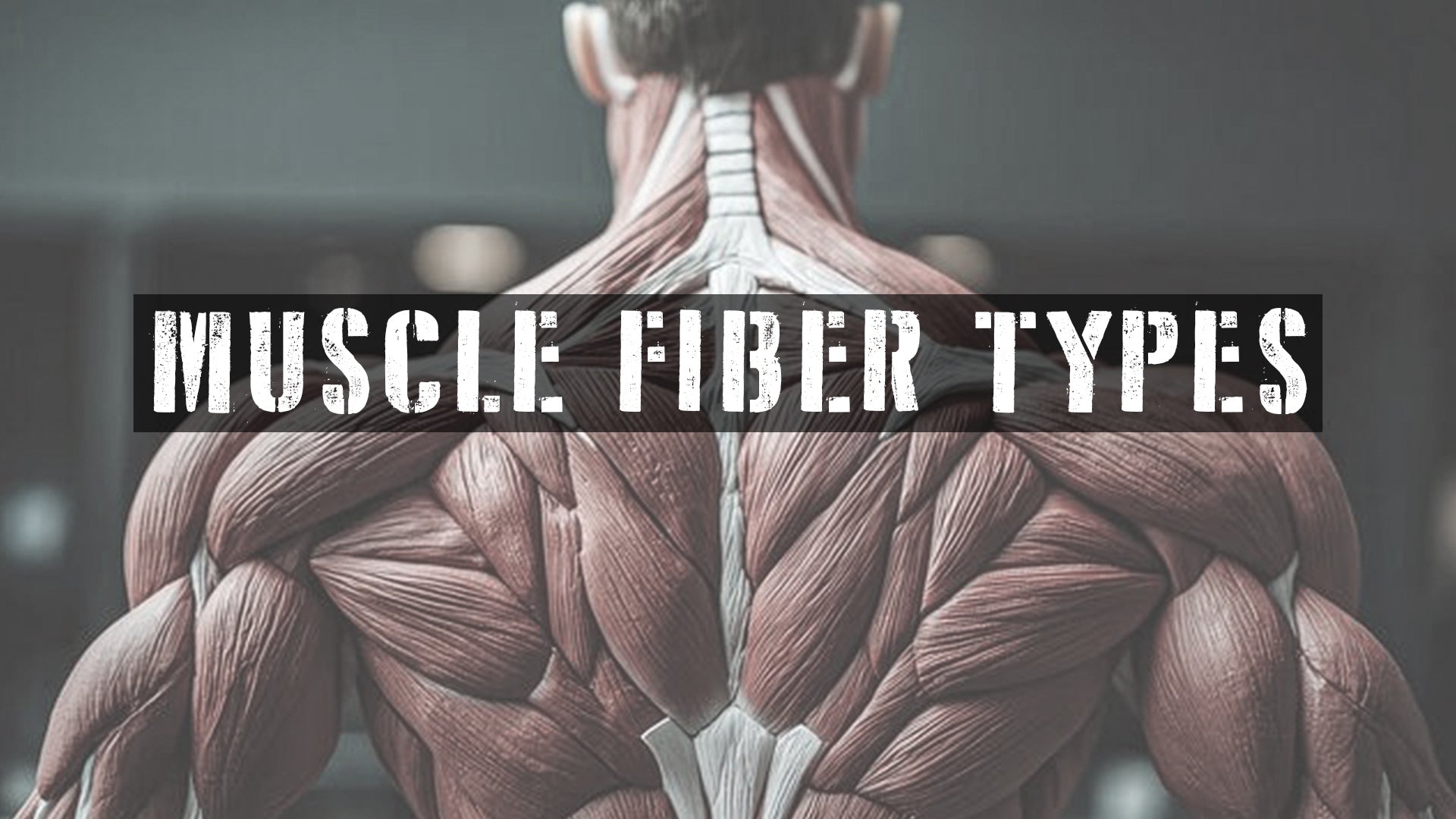Everybody experiences stress, but the trouble begins when it gets out of hand. What is stress? Put simply, stress is your reaction to a stimulus. While not all stress is bad, too much can disrupt your life and bring your workouts to a grinding halt! It’s true most of us can deal with life’s daily pressures. Yet if the stress becomes too severe or we can no longer cope with it, it becomes a problem. In this article, we’ll look at stress and how to deal with it. We’ll also provide suggestions for 5% Nutrition supplements that can help.
What Are The Effects Of Stress On Your Training?
We’ve seen what stress is. So the question becomes, what are some of its effects?
1. Increases Cortisol Levels
Too much stress disrupts the body’s ability to balance cortisol levels. Cortisol is the body’s stress hormone and is considered a catabolic (metabolically destructive) hormone. One thing that happens when cortisol levels get high is that insulin levels spike. This can result in sugar cravings and slow your body’s ability to lose fat. It also interferes with sleep cycles, mental alertness, and metabolism. It’s clear that cortisol is the enemy of your muscle-building progress! For optimal muscle-building results, you need your body to be in a non-destructive, positive state as much as possible.
2. Causes Fatigue
Stress impacts cognitive function, making it hard to focus and stay motivated. When you’re distracted by stress, even small tasks can become difficult. This will quickly wear you down and make it hard to perform a quality workout. That’s not what we want!
3. Slows Recovery
Excessive stress can short-circuit your ability to recover properly between workouts. A few of the ways this shows up are if your sleep is compromised, if you’re sore a lot, and if your motivation is lacking. In the next section, we will discover what you can do about these problems.
How To Fight Stress
Here are some effective tips for fighting stress.
1. The Relationship Between Testosterone And Cortisol
If cortisol levels increase, testosterone levels decrease. A helpful solution is the testosterone-to-cortisol ratio, which measures the ratio between testosterone and cortisol in the body. It’s determined by a blood test, and it is especially useful for bodybuilders and other athletes because it is a biomarker of physiological stress and recovery.(1,2)
2. Sleep And Nutrition
Rich was a believer in quality sleep and taking naps as needed. He was also a believer in eating a lot of clean whole foods during the day. These two factors offset cortisol release and play a major role in recovery.
3. Stay Positive
Rich believed in a positive attitude. He didn’t let anything hold him back. He knew he had what it took to be successful. That’s the kind of attitude that helps keep stress at bay and lets you accomplish whatever you set out to do.
5% Nutrition Supplements That Can Help
Knocked The F*ck Out is our state-of-the-art all-natural sleep aid. Not only will you get a great night’s sleep, you won’t wake up feeling groggy. As mentioned, Rich knew quality, whole-food meals were critical. Fighting catabolism caused by cortisol includes eating plenty of quality protein and complex carbohydrates.
Beyond real food, several 5% options can help. These include Real Meal Protein Bars, Real Carbs, Real Carbs Rice, Real Carbs + Protein, Shake Time, and Snack Time. Another 5% supplement that should be in your arsenal is Core KSM-66® Ashwagandha. This powerful herb is an adaptogen that helps your body deal with stress.
Recap
In this article, we have seen how disruptive stress can be. Also, we’ve seen how the combination of sleep, quality nutrition, and 5% Nutrition supplements can help ease stress. Follow the tips presented here, and stop by 5% Nutrition and stock up on these important supplements.
References:
- Ficarra, G., Caccamo, D., Rottura, M., Bitto, A., Trimarchi, F., & Di Mauro, D. (2023). Testosterone:cortisol ratio as a predictor of podium in adolescent rowing athletes. Heliyon, 9(11), e22315. https://doi.org/10.1016/j.heliyon.2023.e22315
- Brownlee, K. K., Moore, A. W., & Hackney, A. C. (2005). Relationship between circulating cortisol and testosterone: influence of physical exercise. Journal of sports science & medicine, 4(1), 76–83.

